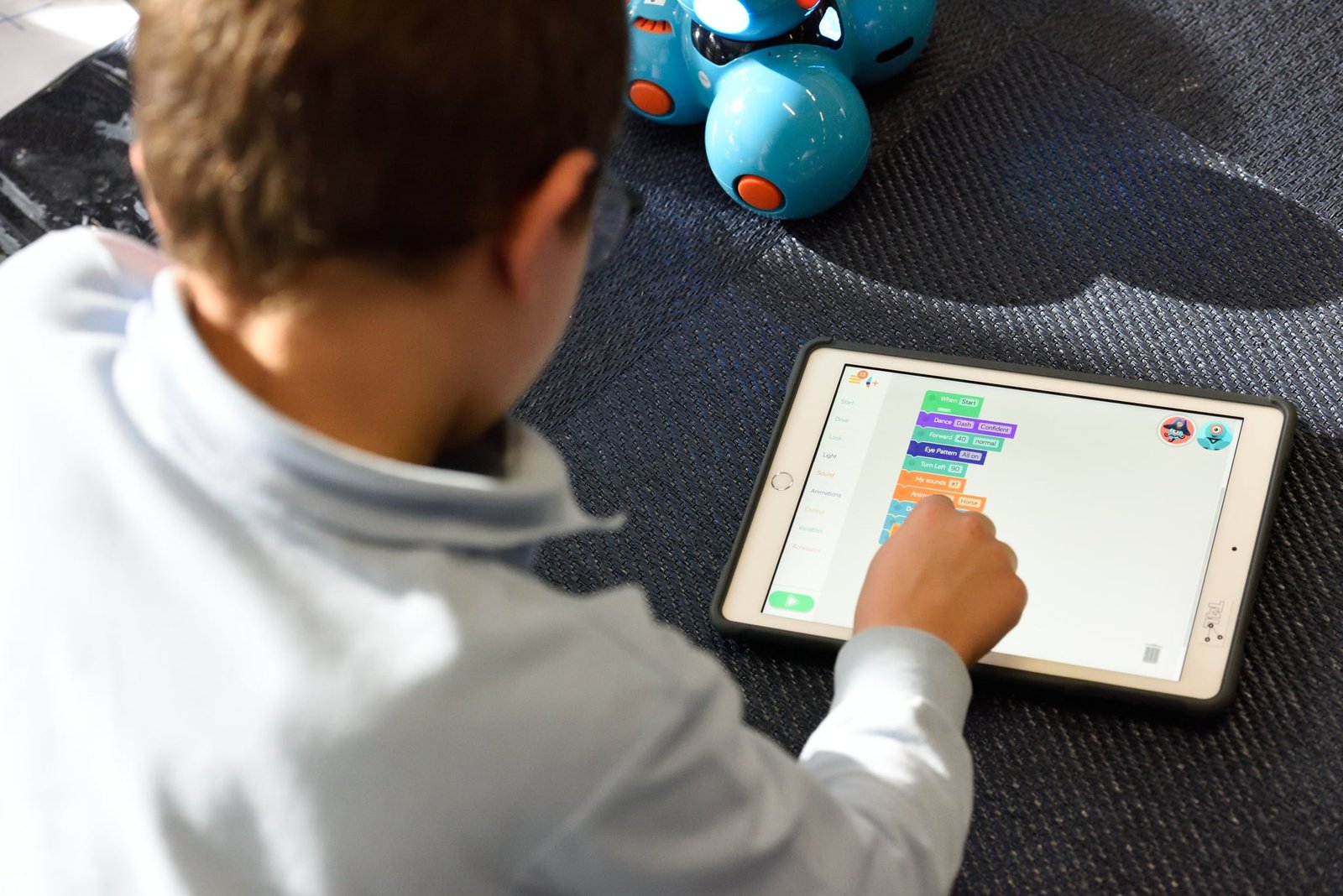Pre-primary and Kindergarten students can learn practical lessons with the use of technologies like e-learning. Online education is a valuable concept that can affect even the smallest of children’s lives. The next generation of learners is now choosing suitable e-learning for kindergarten options for their kids and discovering new thoughts, principles, and subjects independently as parents should make sure that their children’s schooling is not jeopardised in any way.
Clarity on the curriculum and what can be taught to children by e-Learning
The consistency of schedule, instruction, and teaching methodologies are critical facets of e-learning courses. Online curriculum programmes connect young people holistically to ensure that teachers use the right e-learning resources for children. The personalised e-learning activities for Kindergarten often allow pre-primary or Kindergarten children to have a more immersive distance learning experience in preschool.
Curiosity can be encouraged by constructive interaction:
The primary purpose of any pre-primary or Kindergarten programme is to enable students to learn through enjoyable experiences and play-based initiatives. Kids can be taught to study some of the most challenging topics for their age by making online instructors go over complicated subjects in a fun and engaging manner. Correct distance learning can also foster curiosity in preschool programmes. When children’s minds are stimulated by constructive interaction, they can absorb a lot of knowledge.
According to teachers, psychologists, and colleges, productivity is a core ability that can be taught to students of all ages. Younger minds can learn new problem-solving strategies in a highly regulated environment by taking advantage of their time during this process. Free e-learning for kindergarten kids emphasises innovation, theatre, and engagement-driven courses that keep the core sense of curiosity alive.
Educating young minds to prepare them for a lifetime of learning:
Learning is a dynamic environment in which children have a lot of inputs into educational strategy. In preschool, children also enjoy studying online with teachers who have received training in distance learning. Children in the Kindergarten age groups are always learning new things. Parents will ease their children into a lifetime of meaningful learning by structuring their children’s schooling by online learning lessons and e-learning activities for Kindergarten.
Conclusion:
The virtual universe is as normal to many children as the physical world outside. Online learning and distance learning in preschool classes have been a part of their daily lives. Virtual interaction is a natural continuation of daily activities for pre-primary and Kindergarten students. Children can get closer to other children in a supervised way by communicating with them virtually. Those few hours that children set aside each day will aid in the holistic development of core social skills.











